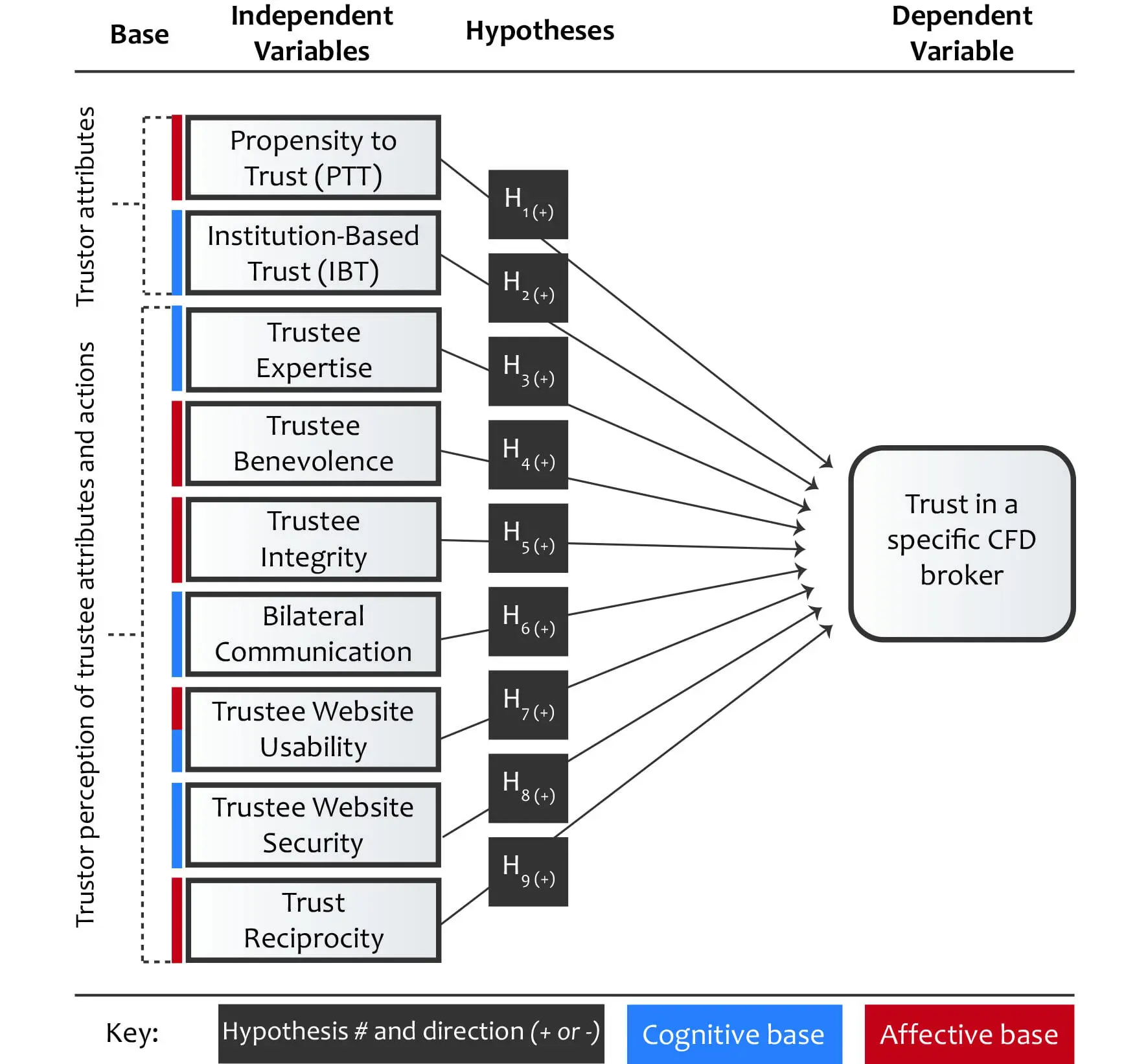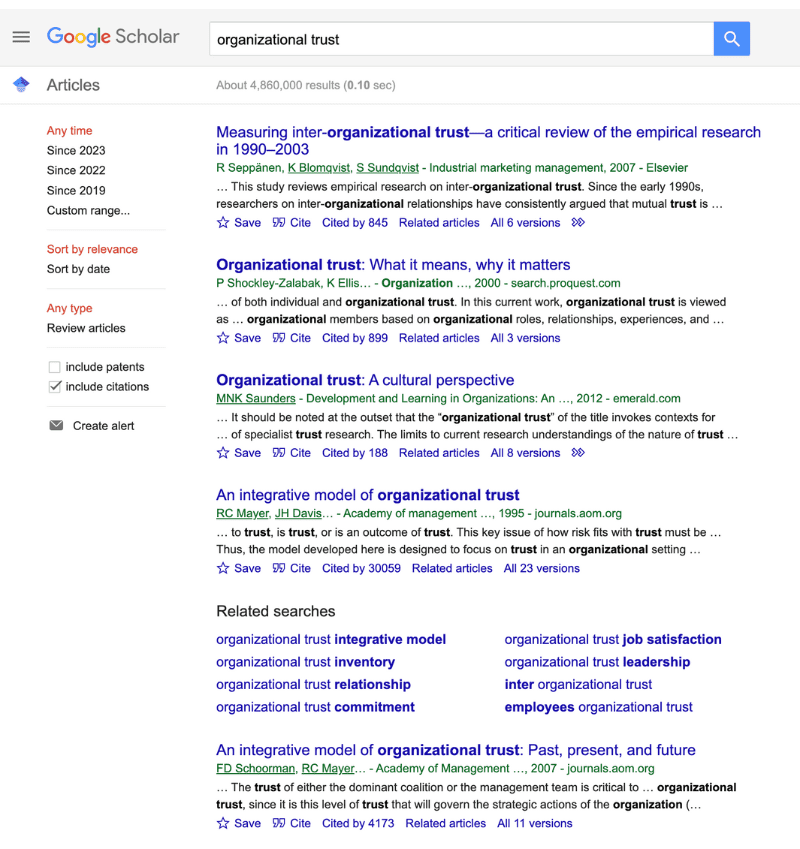Theoretical vs Conceptual Framework
What They Are & How They’re Different – Explained Simply ✨
By: Derek Jansen (MBA) | Reviewed By: Eunice Rautenbach (DTech) | March 2023

IIf you’re new to academic research, sooner or later you’re bound to run into the terms theoretical framework and conceptual framework. These are closely related but distinctly different things (despite some people using them interchangeably) and it’s important to understand what each means. In this post, we’ll unpack both theoretical and conceptual frameworks in plain language along with practical examples, so that you can approach your research with confidence.
What is a theoretical framework?
A theoretical framework (also sometimes referred to as a foundation of theory) is essentially a set of concepts, definitions, and propositions that together form a structured, comprehensive view of a specific phenomenon.
In other words, a theoretical framework is a collection of existing theories, models and frameworks that provides a foundation of core knowledge – a “lay of the land”, so to speak, from which you can build a research study. For this reason, it’s usually presented fairly early within the literature review section of a dissertation, thesis or research paper.

Example of a theoretical framework
Let’s look at an example to make the theoretical framework a little more tangible.
If your research aims involve understanding what factors contributed toward people trusting investment brokers, you’d need to first lay down some theory so that it’s crystal clear what exactly you mean by this. For example, you would need to define what you mean by “trust”, as there are many potential definitions of this concept. The same would be true for any other constructs or variables of interest.
You’d also need to identify what existing theories have to say in relation to your research aim. In this case, you could discuss some of the key literature in relation to organisational trust. A quick search on Google Scholar using some well-considered keywords generally provides a good starting point.
Simply put, the theoretical framework is the core foundation of theory that you’ll build your research upon. As we’ve mentioned many times on the blog, good research is developed by standing on the shoulders of giants. It’s extremely unlikely that your research topic will be completely novel and that there’ll be absolutely no existing theory that relates to it. If that’s the case, the most likely explanation is that you just haven’t reviewed enough literature yet! So, make sure that you take the time to review and digest the seminal sources.
I didn’t know if I was good enough.
See how Kelsee went from lost and confused to conquering her PhD.What is a conceptual framework?
A conceptual framework is typically a visual representation (although it can also be written out) of the expected relationships and connections between various concepts, constructs or variables. In other words, a conceptual framework visualises how the researcher views and organises the various concepts and variables within their study. This is typically based on aspects drawn from the theoretical framework, so there is a relationship between the two.
Quite commonly, conceptual frameworks are used to visualise the potential causal relationships and pathways that the researcher expects to find, based on their understanding of both the theoretical literature and the existing empirical research. Therefore, the conceptual framework is often used to develop research questions and hypotheses.
Example of a conceptual framework
Let’s look at an example of a conceptual framework to make it a little more tangible. You’ll notice that in this specific conceptual framework, the hypotheses are integrated into the visual, helping to connect the rest of the document to the framework.

Theoretical framework vs conceptual framework
As you can see, the theoretical framework and the conceptual framework are closely related concepts, but they differ in terms of focus and purpose. The theoretical framework is used to lay down a foundation of theory on which your study will be built, whereas the conceptual framework visualises what you anticipate the relationships between concepts, constructs and variables may be, based on your understanding of the existing literature and the specific context and focus of your research. In other words, they’re different tools for different jobs, but they’re neighbours in the toolbox.
Naturally, the theoretical framework and the conceptual framework are not mutually exclusive. In fact, it’s quite likely that you’ll include both in your dissertation or thesis, especially if your research aims involve investigating relationships between variables. Of course, every research project is different and universities differ in terms of their expectations for dissertations and theses, so it’s always a good idea to have a look at past projects to get a feel for what the norms and expectations are at your specific institution.
Don't Stop Now - There's More ✨

Qualitative Research Basics: The 20,000-Foot View
New to qualitative? Learn about the four key phases of the qualitative research process: data collection, coding, analysis, and writing.

How To Choose The Right Qualitative Analysis Method
Not sure which qualitative analysis method to use? Learn how to choose the right method for your specific research project.

Reflexivity & Triangulation In Qualitative Research
Learn how reflexivity and triangulation help manage subjectivity in qualitative research by enhancing credibility and minimising bias.

Trustworthiness In Qualitative Research
Learn about the four pillars of trustworthiness in qualitative research: credibility, transferability, dependability, and confirmability.

How To Choose A Tutor For Your Dissertation
Hiring the right tutor for your dissertation or thesis can make the difference between passing and failing. Here’s what you need to consider.



Thank you for giving a valuable lesson
good thanks!
Thanks
Has helped my understanding
VERY INSIGHTFUL
thanks for given very interested understand about both theoritical and conceptual framework
I am researching teacher beliefs about inclusive education but not using a theoretical framework just conceptual frame using teacher beliefs, inclusive education and inclusive practices as my concepts
good, fantastic
great! thanks for the clarification. I am planning to use both for my implementation evaluation of EmONC service at primary health care facility level. its theoretical foundation rooted from the principles of implementation science.
This is a good one…now have a better understanding of Theoretical and Conceptual frameworks. Highly grateful
Very educating and fantastic,good to be part of you guys,I appreciate your enlightened concern.
Thanks for shedding light on these two t
opics. Much clearer in my head now.
Simple and clear!
The differences between the two topics was well explained, thank you very much!
Thank you great insight
Superb. Thank you so much.
Hello Gradcoach! I’m excited with your fantastic educational videos which mainly focused on all over research process. I’m a student, I kindly ask and need your support. So, if it’s possible please send me the PDF format of all topic provided here, I put my email below, thank you!
I am really grateful I found this website. This is very helpful for an MPA student like myself.
I’m clear with these two terminologies now. Useful information. I appreciate it. Thank you
I’m well inform about these two concepts in research. Thanks
I found this really helpful. It is well explained. Thank you.
very clear and useful. information important at start of research!!
Wow, great information, clear and concise review of the differences between theoretical and conceptual frameworks. Thank you! keep up the good work.
thank you so much. Educative and realistic.